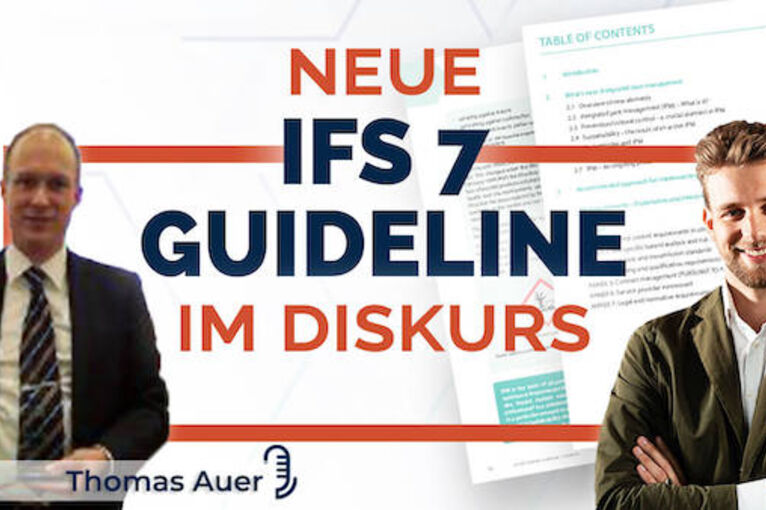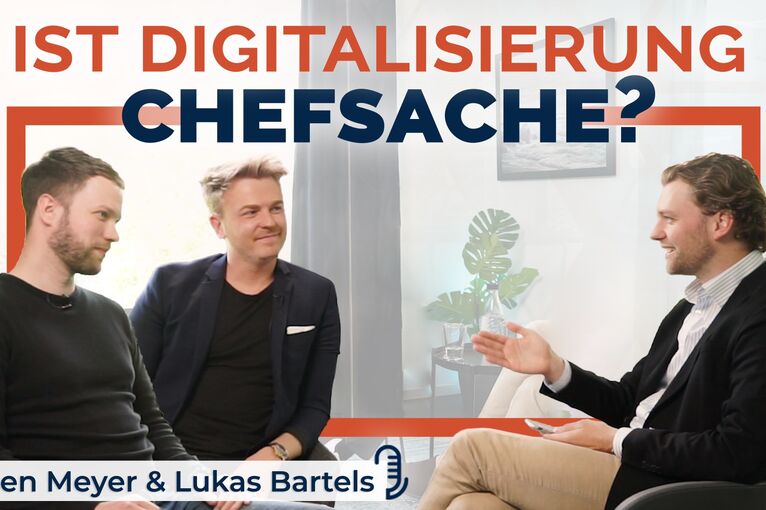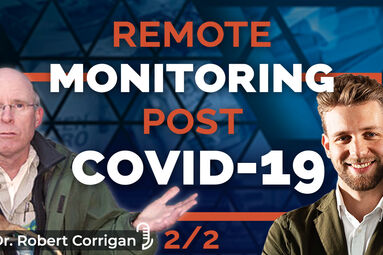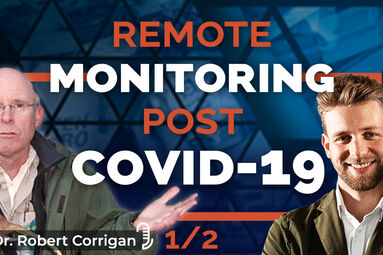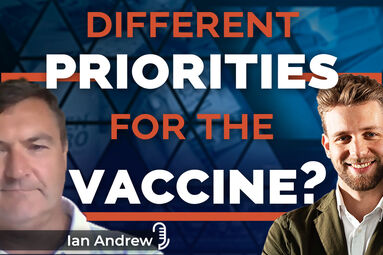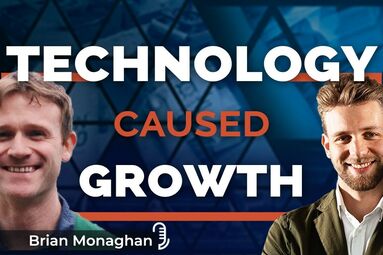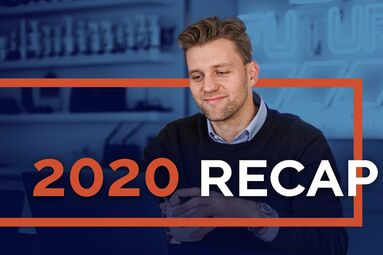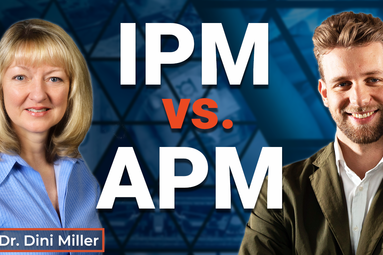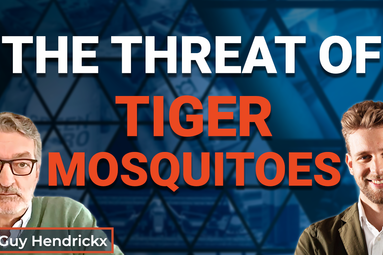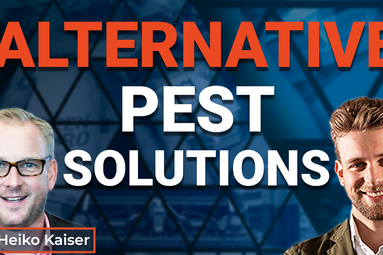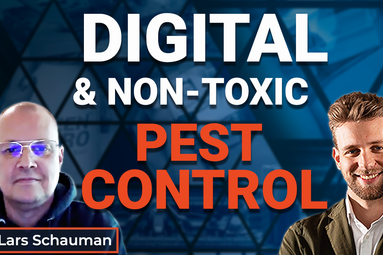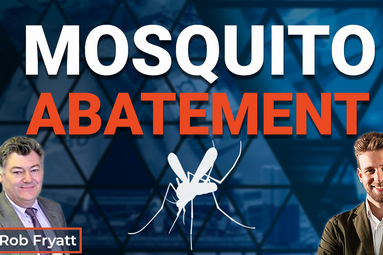Ep.29 International Conference on Urban Pests (ICUP)
Clive Boase from the UK is the invited guest in this week’s Talking Pest Management interview.
A scientist and independent consultant but Clive is also a key player, and a joint co-founder, of the International Conference on Urban Pests, or as it is more commonly referred to, simply ICUP.
Clive relates how what started out as a bright idea in the early 1990s by a handful of people to hold an international urban pest conference, has developed into the event we know today. With no commercial funding, it was decided to hold the inaugural event in 1993 Cambridge, a location near to where Clive lives. The event was a resounding success and since then a purely scientific conference has been held every three years. Of the six people originally involved in its creation, only he and Bill Robinson from the US remain on the executive committee.
These ICUP events move around the world and consist of scientific presentations, poster papers, workshops but perhaps most importantly, and certainly very popular, are the networking and social events where ideas are freely exchanged. Every paper and poster presented is published in printed proceedings, but these are now all available in a searchable database on the ICUP website. A unique resource our TPM host describes as the ‘Google of urban pest control’.
The 10th event was scheduled to be held in Barcelona in July 2020, but was postponed until September 2021 by the corona-virus pandemic. Clive explains that this is now again postponed due to the uncertainties caused by the pandemic, although Dr Rubén Bueno’s organising committee will be ready to re-start the conference as soon as the future becomes clearer. Clive is keen to stress though, that in the meanwhile other ways of bringing the ICUP ‘family’ together, are being considered. Watch this space!
Looking to the future….
Asked what challenges Clive thinks the industry generally will face in the next 10 years he sees climate change playing a significant role – new pests coming into play in new territories. Also the challenges faced by increased pesticide resistance, a reduced stable of available pesticides and less new chemicals developed than was the case in the past. Basically the challenge is to use what we have in smarter ways.
This can be described as Integrated Pest Management, but Clive feels it must be underpinned by robust science.

